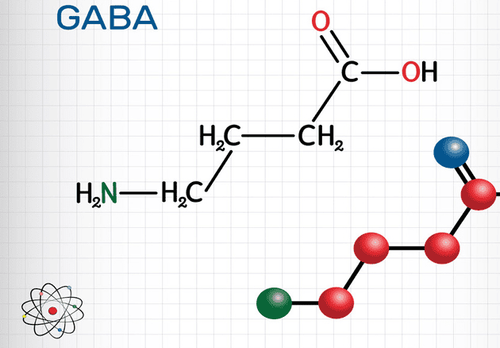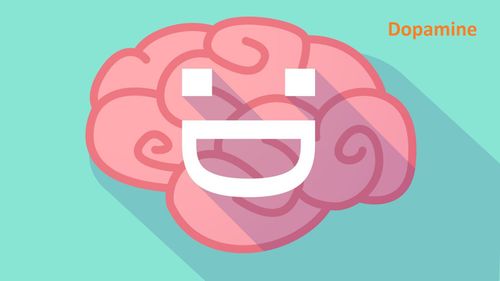This is an automatically translated article.
Early human brain studies show that each person uses just over 10% of his or her brain. In fact, the entire brain activity is happening most of the time. It is the only way for the complex body to function smoothly and in coordination.
1. Features of the structure and anatomy of the human brain
The adult brain has a mass of about 1.4 kg and about 60% fat content. All thoughts, decisions and processing of the human brain consume about 20% of the total energy, oxygen and blood in the body. This is too much energy to consume for only about 2% of the total body weight. Supplying all the blood, oxygen, and nutrients to the human brain requires nearly 100,000 miles of blood vessels distributed throughout the skull.
The brain has grown a lot in the first year of life, increasing 3 times its original size. However, when studying the human brain during the middle years, the brain will decrease in size over time.
A bigger brain does not mean a person has higher intelligence. Overall, studies of the human brain have only found that brain size is responsible for about 10% of variation in intelligence.
Everyone has a left brain and a right brain. That's because the brain's structure is divided into two almost symmetrical but not identical hemispheres, connected by the corpus luteum (essentially a bundle of nerves).
The brain also has diagonal nerves. The left hemisphere controls the muscles on the right side of the body and vice versa.

Toàn bộ hoạt động của bộ não con người đều đang diễn ra hầu hết thời gian
2. How the brain works and communicates
Early human brain studies show that each person uses just over 10% of his or her brain. In fact, the entire brain activity is happening most of the time. It is the only way for the complex body to function smoothly and in coordination.
The human brain can process a lot of information per second and is faster than a computer. This ability is thanks to nerve cells. There are about 100 billion of these neurons in the brain. They can communicate with other neurons through chemical or electrical signals.
In essence, nerve cells are still cells, but they have unique properties that set them apart from other cells in the body. These are neurons that have special branches at one end called dendrites and axons at the other. The dendrites receive information, while the axon at the other end sends the information to the next neuron.
Synapses are spaces between neurons that are very close to touching to relay information. When having a new thought or remembering something, new synaptic connections are created.
The brain's chemical messengers are called neurotransmitters (adrenaline, dopamine and serotonin ), which are responsible for literally transmitting messages between nerve cells.
Each person's brain will be like no other. Each person's experience (including what happens and what is learned) drives the brain in a unique way. The system of neurons continues to grow as they learn and experience more.
The whole human brain does not sleep and dreams are proof. Today's science doesn't even know everything about dreams but they are believed to be a function of imagination, psychology and nerves coming together.
3. Memory capacity of the brain
When studying the human brain, scientists have estimated that the brain can store 2,500,000 gigabytes of information.
There are two basic types of memory, namely short-term memory and long-term memory. Among them, short-term memory is also known as active memory. Its role is to allow a person to remember information long enough to use it. For example, a person may remember a phone number to dial that number, but may forget it as soon as the call ends.
Recalling old memories is not quite the same as retrieving a file from a folder. The brain has to recreate and re-imagine that memory. It is not a perfect copy of the original.
Pictures are powerful tools for memory. Studies have shown that people retain 65% more information when they have pictures.

Bộ não con người có thể xử lý rất nhiều thông tin mỗi giây và nhanh hơn máy tính
4. Useful habits to maintain brain health
Water plays a big role in brain health and calculation. That's because the human brain is about 75% water. So drink enough water to keep your brain working at full capacity.
Sleep is important for best health. Sleep time is a condition for the brain to rest. Lack of sleep affects information processing, attention, memory, mood, and logical thinking.
Don't stress because the brain doesn't like this. Stress is bad for people's overall health because it can cause problems with learning and many important aspects of cognition. However, the brain is still able to cope with short-term stress because it is responsible for directing the body to overcome difficulties to survive. However, hours of continuous exposure to stress will be harmful to the brain, and can even cause irreversible damage.
In short, the above studies about the human brain help people know more about their body's command center. No need for the knowledge of a neuroscientist, everyone take care of your brain by doing the things you enjoy, getting enough sleep, studying, exercising and avoiding stress or other harmful behaviors. can be harmful to the brain. At the same time, don't forget to give your brain the nutrients it needs by eating a diet full of fruits, vegetables, and good fats. The brain always needs a healthy source of brain food and a reasonable amount of rest to stay young every day.
Please dial HOTLINE for more information or register for an appointment HERE. Download MyVinmec app to make appointments faster and to manage your bookings easily.













